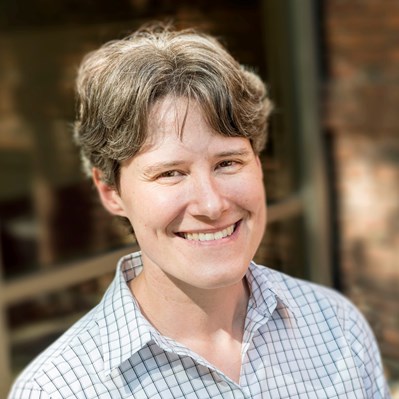
Chief Student Success Officer, Augsburg University
Minneapolis, Minnesota
Office Representing: Provost/Dean
As chief student success officer, Catherine Bishop is responsible for university-wide systems that support and enhance student graduation and retention. She oversees the Division of Student Success, including the Office of Academic Excellence and Advising, the Center for Learning and Accessible Student Services Office for disability services, the TRIO/Student Support Services office, and the Strommen Center for Meaningful Work. Bishop also serves as chair of the University Committee on Student Success. She partners in leading the institution's work on changing institutional structures to ensure an equitable campus for all students. As the chief student success officer, she partners with a broad range of campus stakeholders to ensure alignment between student success goals and enrollment, academic affairs, and student affairs.
How did you first get interested in or involved in higher education issues?
"I joined Augsburg University in 2010, coming from a legal background. I had gone to law school to pursue a career dedicated to issues of social justice and equity. Instead, my work was focused on triaging problems caused in large part by the cascading impacts of poverty, systemic racism, and limited public resources. Opportunities to improve the structural barriers impacting individuals' lives seemed minimal. In choosing to come to Augsburg, I sought a position where change-making and innovation would be valued and encouraged as a way to improve systems and outcomes," Bishop said. "In 2016, Augsburg admitted the most diverse first-year class in its history: in this class, 48 percent were students of color, 50 percent were Pell-eligible students, and 45 percent were first-generation students. Our students are highly impacted by many of the critical issues facing higher education today, including federal financial aid policy, DACA status, and college affordability."
Why did you apply to be a part of the Higher Education Committee of 50? What drew you to this opportunity?
"I am excited about being a part of [Higher Education Committee of 50] because I'm looking forward to joining a group of creative practitioners to work on durable solutions to the critical issues facing higher education today," Bishop said.
Membership(s) held with other professional associations: